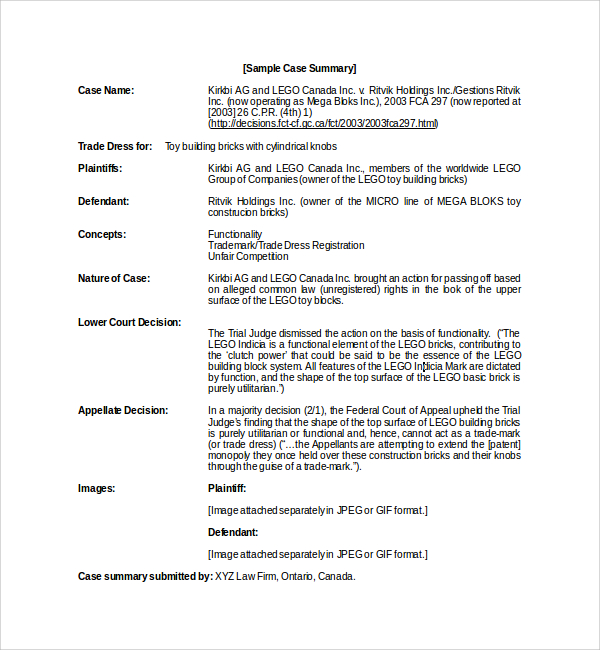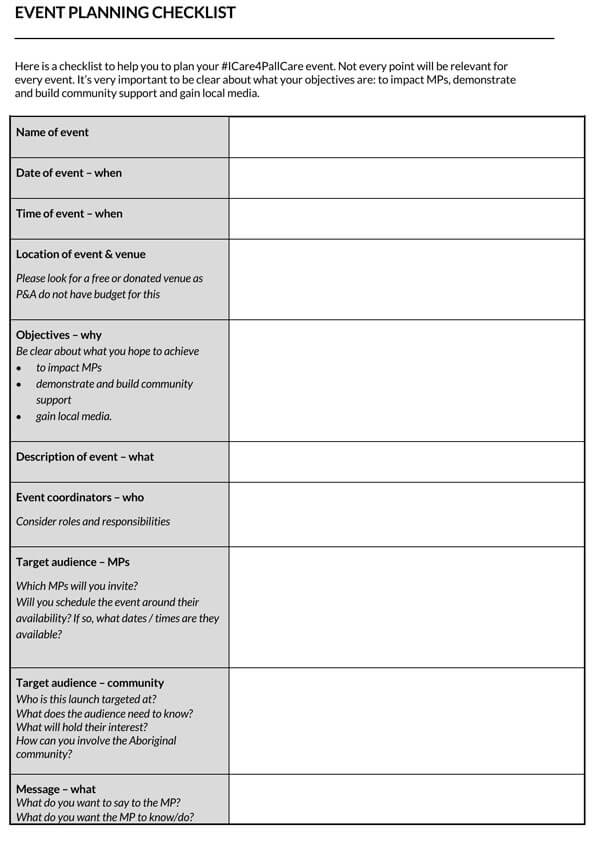

These scientists were among the earliest to spearhead the development and advancement of the laboratory aspect of clinical IVF in Canada and abroad.ĭr. Young Moon, Sue Daniel, Rob Gore-Langton, Marie-Claude Léveillé, Francis Tekpety, Peter Leung, Scot Hamilton, and Jim Mariano. In this environment Armstrong trained some of the scientists who later became the early laboratory directors at Canadian IVF centres, including Drs. David Armstrong to lead and develop this group.

His department was awarded the first Medical Research Council Group Grant in Reproductive Physiology. Plunkett had the foresight to understand the importance of integrating basic science research with the clinical practice of obstetrics and gynaecology. Earl Plunkett, Chairman of the Department of Obstetrics and Gynaecology at the University of Western Ontario, where scientists were already working on oocyte and embryo development and implantation. Canada was no exception, thanks to the vision of Dr. IVF was immediately embraced by clinicians and scientists around the world. Commercial Reprints (en anglais seulement).Media Kit and Rate Card (en anglais seulement).

Inscription aux cyberalertes (en anglais seulement).Consentement de la patiente (formulaire téléchargeable).A propos de Open Access (en anglais seulement).Lignes directrices de pratique clinique archivées.Collection de directives cliniques de la SOGC : Prise en charge de la ménopause.SOGC guidelines collection: Managing menopause.
Brief overview full#
It is important that all members of our society work together to provide the opportunities for all our members to reach their full potential. No matter how poverty is defined, it can be agreed that it is an issue that requires everyone’s attention. The differences between rich and poor within the borders of a country can also be great.ĭespite the many definitions, one thing is certain poverty is a complex societal issue. Feeling poor in Canada is different from living in poverty in Russia or Zimbabwe. Poverty varies considerably depending on the situation. There is no one cause of poverty, and the results of it are different in every case. This work includes identifying social indicators to track education, health, access to services, vulnerability, and social exclusion. While much progress has been made in measuring and analyzing poverty, the World Bank Organization is doing more work to identify indicators for the other dimensions of poverty. The increased cost on the health system, the justice system and other systems that provide supports to those living in poverty has an impact on our economy. When people are excluded within a society, when they are not well educated and when they have a higher incidence of illness, there are negative consequences for society. Those people who are barely able to pay for food and shelter simply can’t consider these other expenses. In addition to a lack of money, poverty is about not being able to participate in recreational activities not being able to send children on a day trip with their schoolmates or to a birthday party not being able to pay for medications for an illness. So poverty is a call to action - for the poor and the wealthy alike - a call to change the world so that many more may have enough to eat, adequate shelter, access to education and health, protection from violence, and a voice in what happens in their communities.” Most often, poverty is a situation people want to escape. Poverty has many faces, changing from place to place and across time, and has been described in many ways. Poverty is not having a job, is fear for the future, living one day at a time.
Brief overview how to#
Poverty is not having access to school and not knowing how to read. Poverty is being sick and not being able to see a doctor. The World Bank Organization describes poverty in this way: However, poverty is more, much more than just not having enough money. Poverty is about not having enough money to meet basic needs including food, clothing and shelter.


 0 kommentar(er)
0 kommentar(er)
